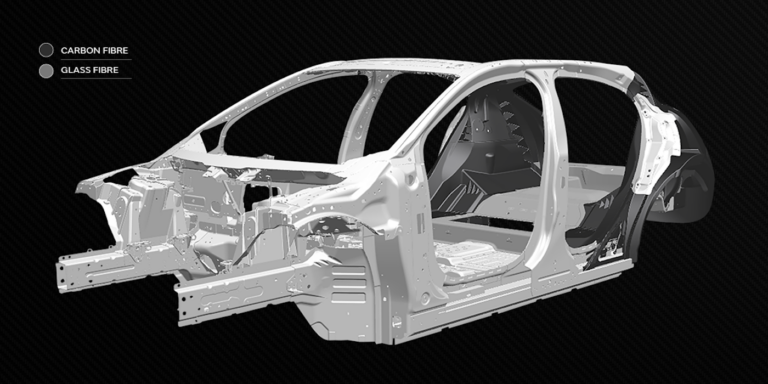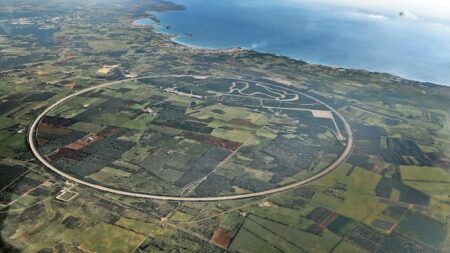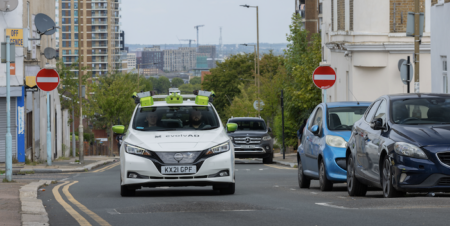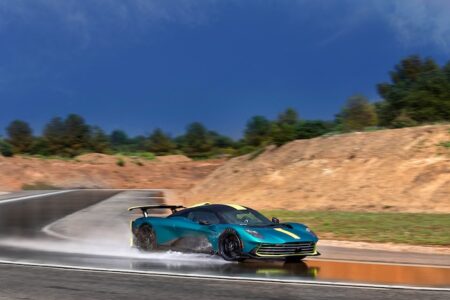Jaguar Land Rover (JLR) is undertaking research into advanced lightweight composites with the aim of achieving increased range, greater performance and enhanced vehicle dynamics for future electric vehicles.
Named the Tucana project, this four-year research programme is part of the £22 million R&D initiative for low-carbon vehicle technologies announced by UK Prime Minister Boris Johnson at the Zero Emissions Vehicle Summit. Made through the Advanced Propulsion Centre (APC), this grant funding will enable two R&D projects run by UK-based consortia to drive the development of innovative lightweight vehicle and powertrain structures and help make the UK a world leader in low-carbon technology. The UK aims for such technology to help prevent 4.5 million tonnes of CO2 emissions between 2023 and 2032 by accelerating mainstream use of electric vehicles and making vehicles lighter, to both decrease tailpipe emissions and reduce the energy consumption of electrified powertrains.
One research project is Sigmatex’s ARCS (Affordable High Rate Composite Structures) project, which seeks to develop a high-volume, low-cost carbon fibre textile and material handling process.
The other project – Tucana – is being undertaken by JLR, to develop lightweight vehicle and powertrain structures by replacing aluminium and steel with composites capable of handling the increased torque generated by high-performance batteries, while improving efficiency and reducing CO2.
As part of the project JLR aims to increase vehicle stiffness by 30%, cut weight by 35kg and further refine the crash safety structure through the strategic use of tailored composites, such as carbon fibre. Reducing the vehicle body weight will allow larger batteries to be fitted, enabling increased range without impacting CO2 emissions.
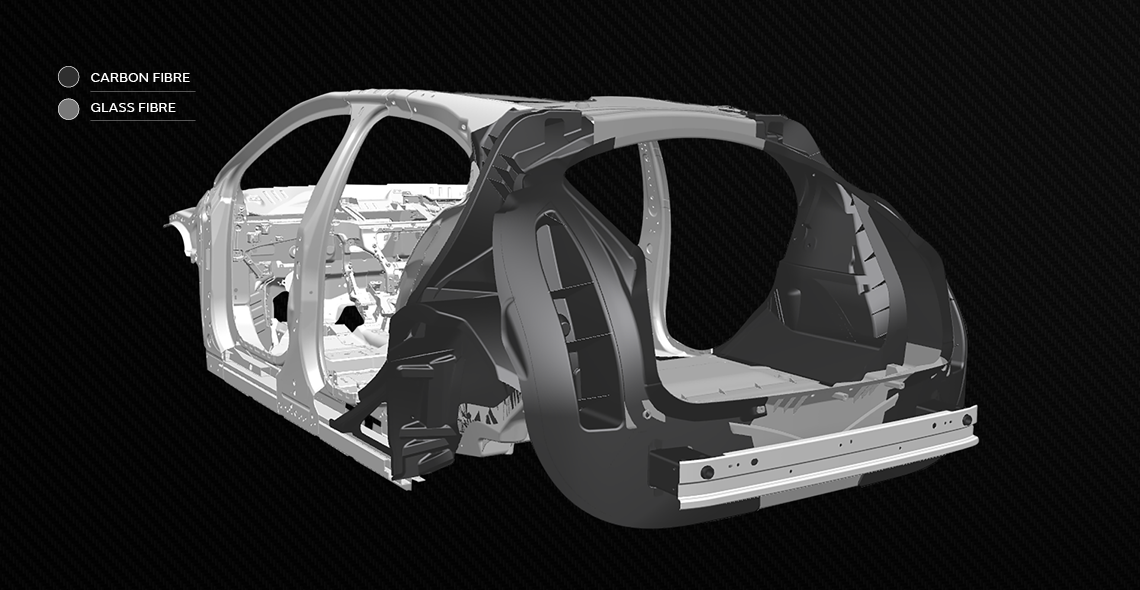
JLR expects to have developed a fleet of prototype Tucana test vehicles by 2022
The consortium, led by Jaguar Land Rover, brings together leading academic and industry partners including the Warwick Manufacturing Group (WMG), Expert Tooling & Automation, Broetje-Automation UK, Toray International UK, CCP Gransden and The Centre for Modelling & Simulation (CFMS).
Marcus Henry, research manager at Jaguar Land Rover stated, “The development of new lightweight body structures to complement the latest zero-emissions powertrains will be key as the electrification of our vehicle range continues. This project will allow the true environmental credentials of electric vehicles to be realised by enabling wider adoption of the technology and will propel Jaguar Land Rover and the UK supply chain into a world-leading position in low-carbon technology.”
Ian Risk, CTO at CFMS added, “Tucana shows how new technology development can be optimised and accelerated with digital engineering. Using new digital design, development and manufacturing tools helps to deliver emissions reduction faster, so the UK economy can reach zero emissions quicker.”


